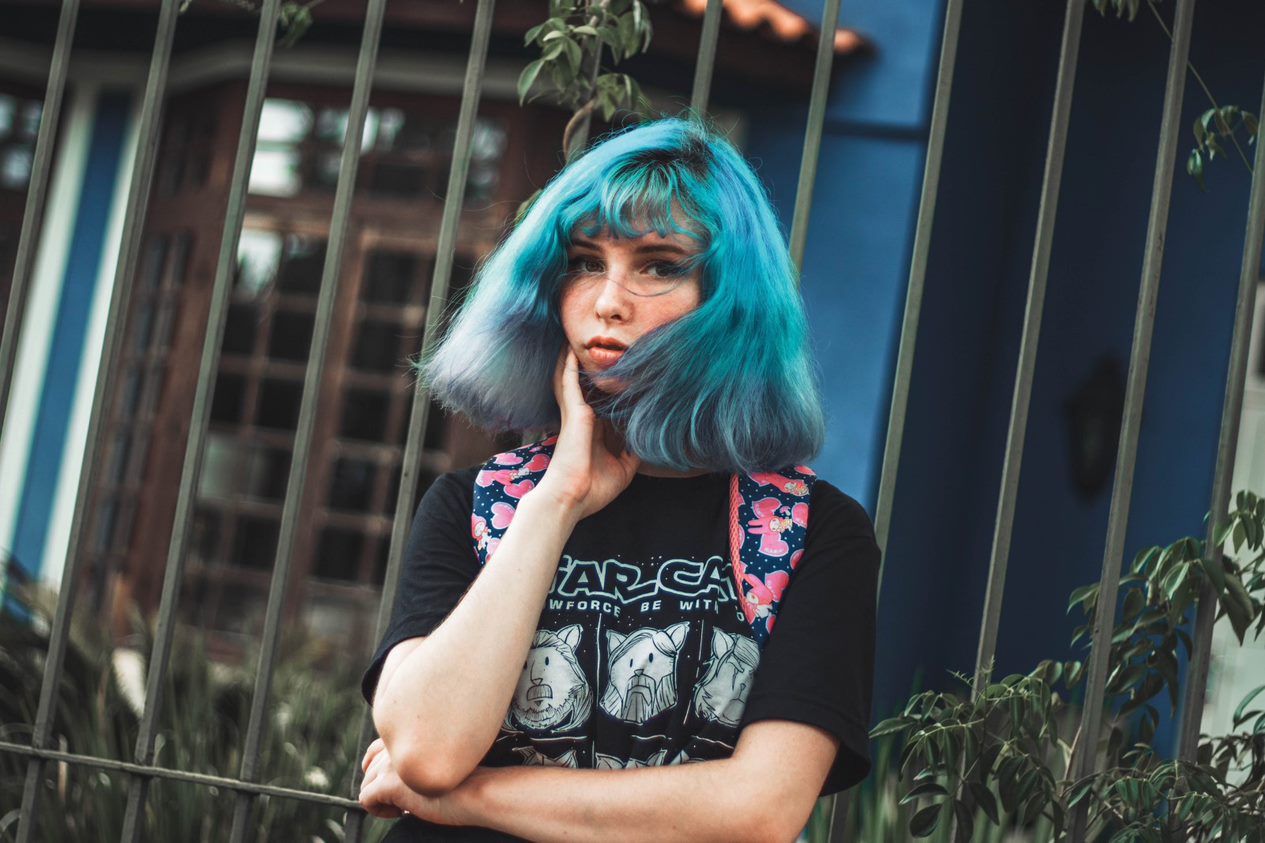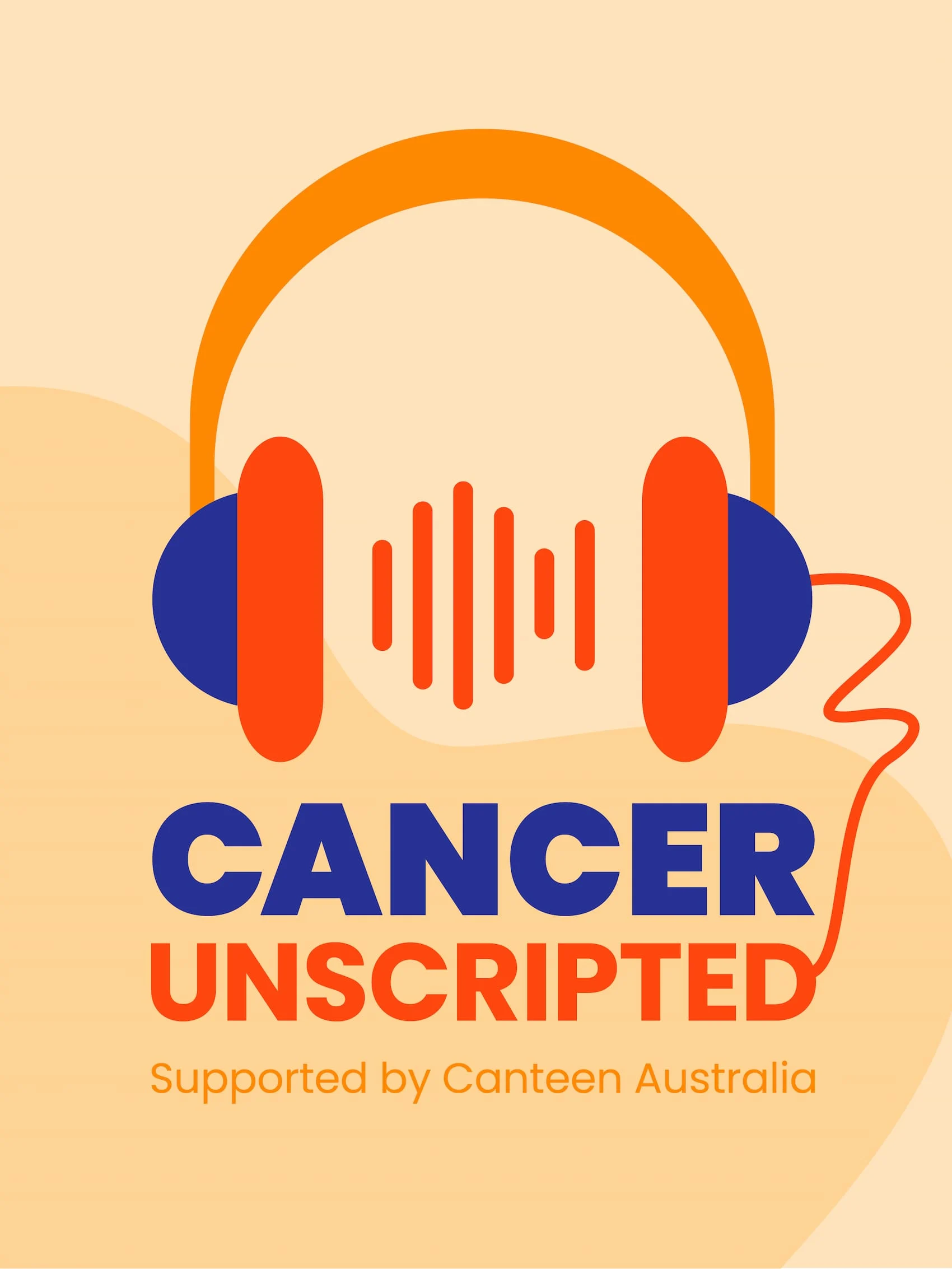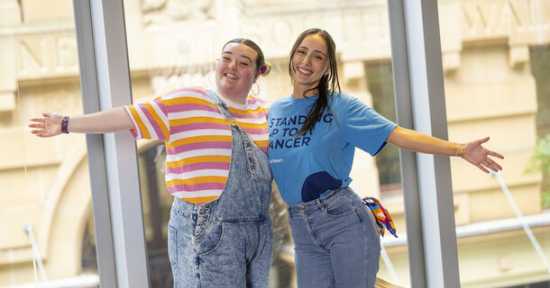There are two types of bone cancer (also called bone sarcoma):
- Primary bone cancer: cancer that begins in the bone.
- Secondary bone cancer: cancer that has started in another part of the body and has spread (metastasised) to the bone.
Secondary bone cancer is much more common than primary bone cancer. Primary bone cancer is rare but mainly occurs in adolescents and young adults.
There are more than 30 types of primary bone cancer. The three most common are:
- Ewing sarcoma – one of the most common cancers diagnosed in young people in Australia
- Chondrosarcoma
- Osteosarcoma.
Other less common types of bone cancer include chordoma and spindle cell sarcoma.

Specialist treatment and support for young people diagnosed with bone and soft tissue cancers
Specialist treatment and support for young people with cancer aged 15-25 is provided by the Youth Cancer Services (YCS) based in major hospitals throughout Australia. Canteen also offers events and other support for young people with cancer.
Soft tissue cancer
Soft tissues are the supporting tissues in the body, apart from the bones. Soft tissues include fat, muscle, nerves, tendons, blood vessels and the lining of the joints.
Soft tissue cancer, also called soft tissue sarcoma, is a cancer that forms in any of these tissues. Soft tissue sarcomas are rare, but are one of the more common cancers in adolescents and young adults.
There are more than 50 types of soft tissue sarcoma. The most common types in children and young people are:
- Rhabdomyosarcoma, which usually forms in muscle cells
- Synovial sarcoma, which develops in cells around joints and tendons
- Ewing sarcoma, which may start in the soft tissue or bone.
The most common type in adults is undifferentiated pleomorphic sarcoma.
Canteen is running two trials to improve treatment for young people with Ewing sarcoma. One trial aims to identify the best treatment options to reduce unnecessary late effects.
The other trial is comparing chemotherapy treatments for young people with Ewing sarcoma where the cancer has come back or treatment isn’t working.

When cancer’s in your life, Canteen is in your corner.
Cancer affects everyone differently. That’s why Canteen provides a wide range of support services to help you overcome the specific challenges you’re dealing with.
Whether you’re dealing with your parent’s cancer, a brother or sister’s cancer or your own diagnosis, we have got your back. We also have newer services specifically for parents too.













